On January 1, 2019, China's new tax law came into force.
Do you remember that we once reported that we should give up our nationality and pay the tax first? The rumored "abandonment tax" will also land in China?
China does not recognize dual nationality, since then the Chinese citizen emigrated overseas will probably have to pay a tax, and the income from overseas investment will also have to file a tax in China.
But it is reported that the Chinese version of the tax is far from the current international prevalence of the tax.
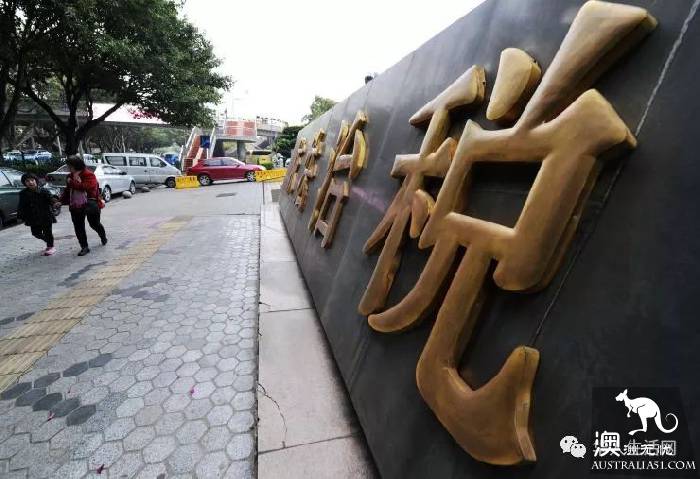
The Chinese version of "abandonment tax" is more like abandonment tax. At a speech before the entry into force of China's new tax law, a head of China's General Administration of Taxation focused on "the tax on abandonment that is about to be levied." It says Chinese officials are planning to impose a "tax on abandonment."
According to the speech at the time, some people analyzed that China proposed a "tax on abandonment" to some extent to curb rich immigrants, combat tax avoidance, and prevent the outflow of assets.
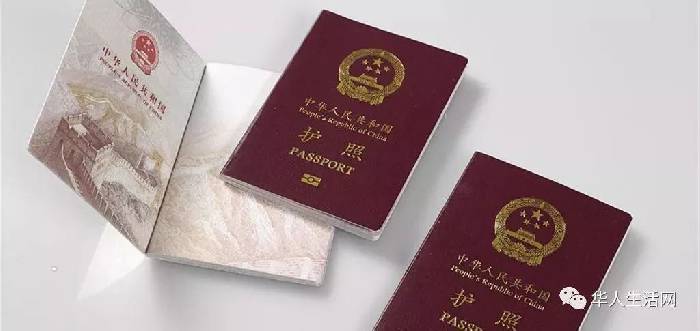
The introduction of the new tax absorbs the more common international norms and concepts, anti-tax avoidance provisions and other new contents, and at the same time makes a further clear and definition of the judgment of the Chinese resident taxpayer.
In other words, China's new tax trend is "in line with international standards."
Among them, the content directly related to overseas Chinese and quasi-immigrants also reflects the trend of absorbing western tax system.
"unregistered tax" refers to Article 12 of the personal income tax Law: if taxpayer cancels Chinese household registration due to emigration, it shall settle the tax before cancelling the Chinese household registration.
In the new tax law, there are two references to regulations relating to renunciation of Chinese nationality and emigration: article 10 and Article 13.
Both talk about taxpayer's emigration to cancel China's household registration, which requires tax clearing.
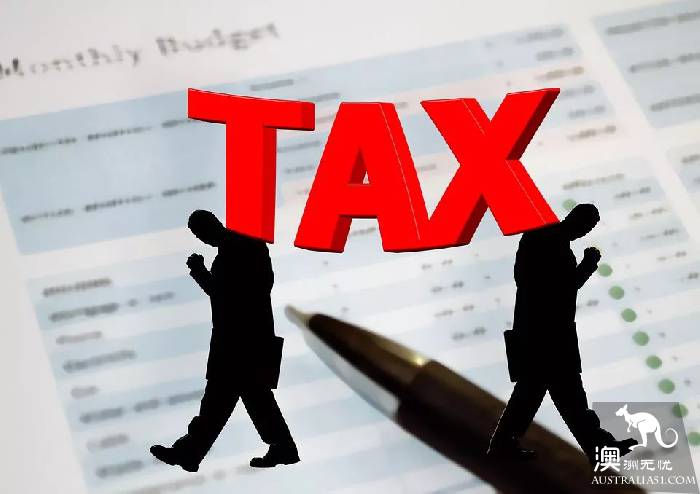
Article 13 of the new tax law explicitly refers to the operating details of the "abandonment tax", that is, the following circumstances should be declared to the tax authorities:
First, annulment of household registration in the year of the comprehensive income, business income remittance payment situation.
Second, cancellation of household registration in the year of other income tax payment.
3. Tax arrears in previous years.
If there is any unpaid tax, it is necessary to settle the tax payable, late payment and fine to the tax authorities before leaving the country. In theory, taxpayer is also allowed to provide guarantee. In a word, as long as naturalization, you need to pay the previous outstanding tax, before you can leave.
From this point of view, the Chinese version of the "renunciation tax" should actually be called "abstinence tax."
As long as you live in China for 183 days, you will have to pay taxes. In addition, the new tax law also has something to do with the Chinese-the concept of "tax resident."
Under the new tax law, China's citizen, foreign citizen, or China's citizen, which holds permanent residency in other countries, will be recognized as Chinese tax residents as long as they have resided in China for more than 183 days within a year.
It is necessary to pay a tax on income within and outside China in accordance with the new tax Code.
This is important because many Chinese and American "flying men" families may face double taxation from now on.
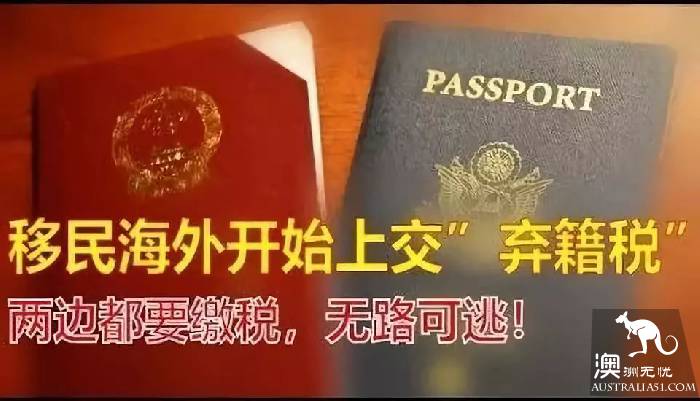
For example, while holding a US green card, they have $ two hundred thousand in annual revenues in China and the United States, so they have to report to China and the United States.
In addition, overseas Chinese return to China to visit relatives more than 183 days, but also tax returns to the Chinese tax authorities.
Will China introduce a stricter version of the "abandonment tax" in the future? Because China's current "tax on abandonment" only requires payment of outstanding taxes before naturalization, experts generally believe that it is more "gentle" than the United States'"tax on abandonment".
So will China introduce a stricter version of the "abandonment tax" in the future?
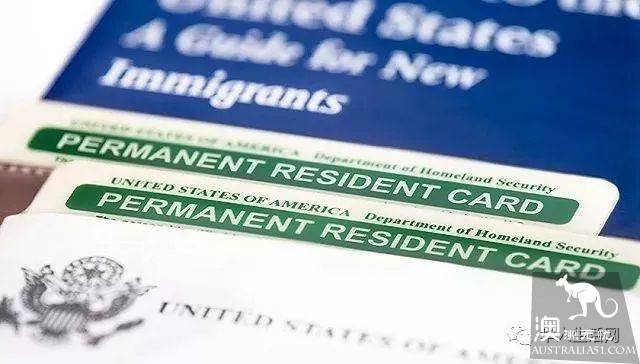
The relevant regulations of the United States "abandonment tax" require that no matter the holder of the green card or the citizen of the United States, once they choose to renounce the legal status of the United States, as long as they have a considerable fortune, they will inevitably face the declaration of an annulment of the abandonment tax (Expatriation Tax).
In the event of withdrawal from the United States, all property at the time of naturalization will be deemed to be sold at a fair price, including property, stocks, bonds, personal belongings, such as cars, and any gains or losses resulting therefrom will be subject to personal income tax.
Wall Street Journal analysis believes that the implementation of the new tax, although it has a certain role, but still can not meet the requirements of complete suppression of rich immigrants and other requirements.
Given the current trend towards a new tax, China's government is likely to put pressure on those who want to emigrate by imposing an "immigration tax" or a stricter "renunciation tax".